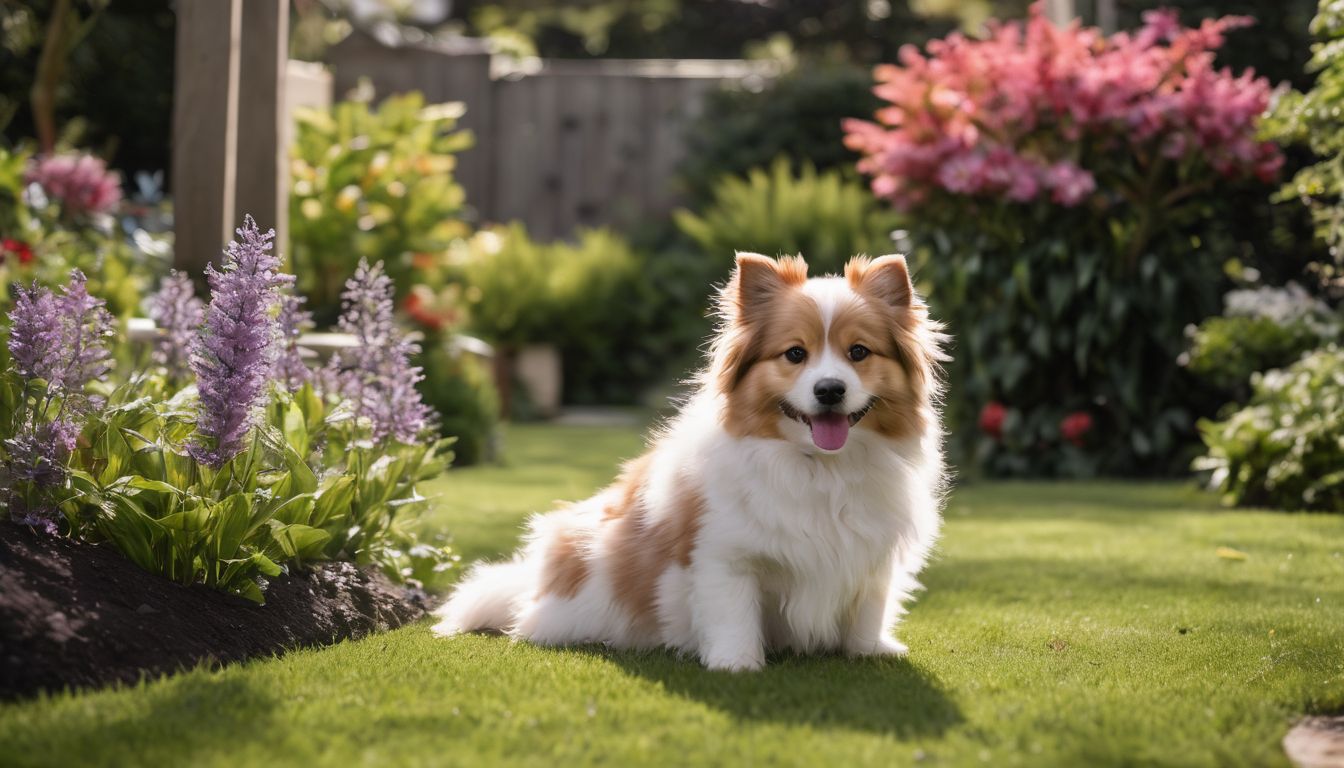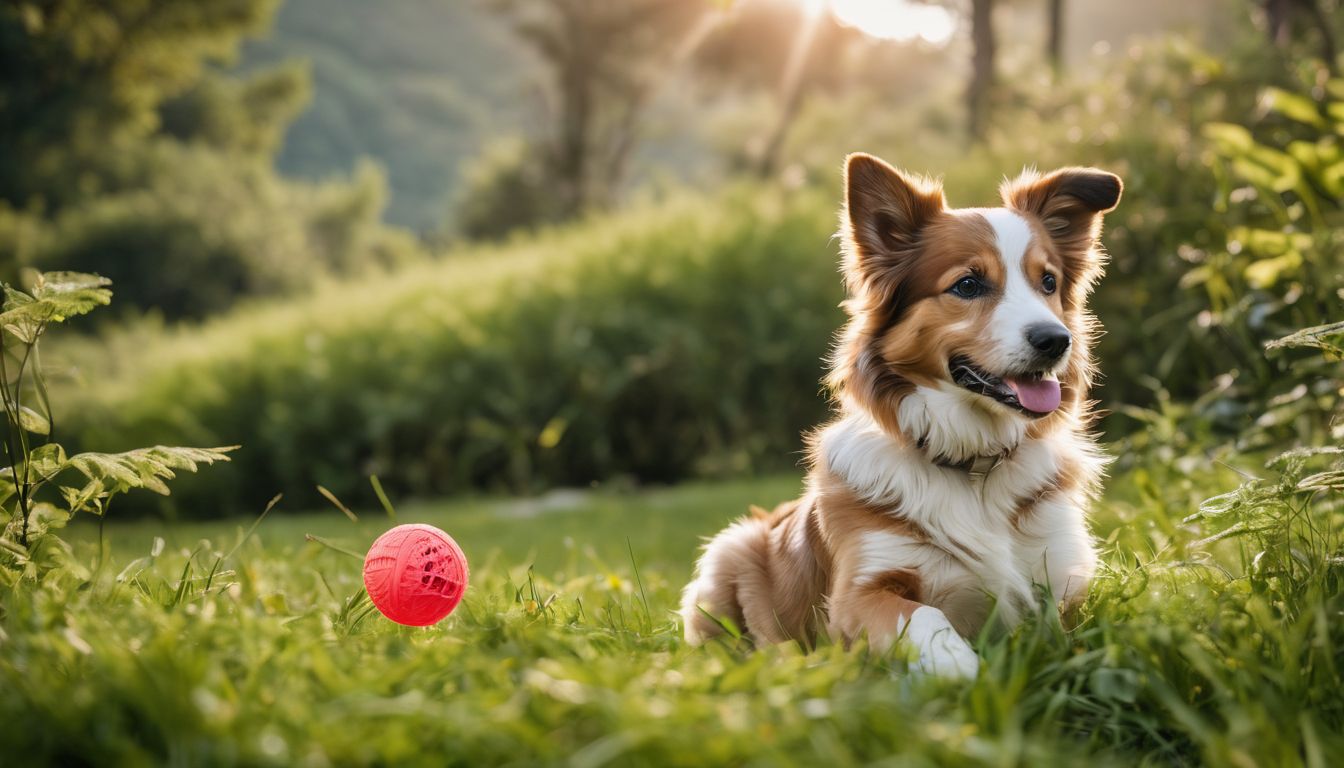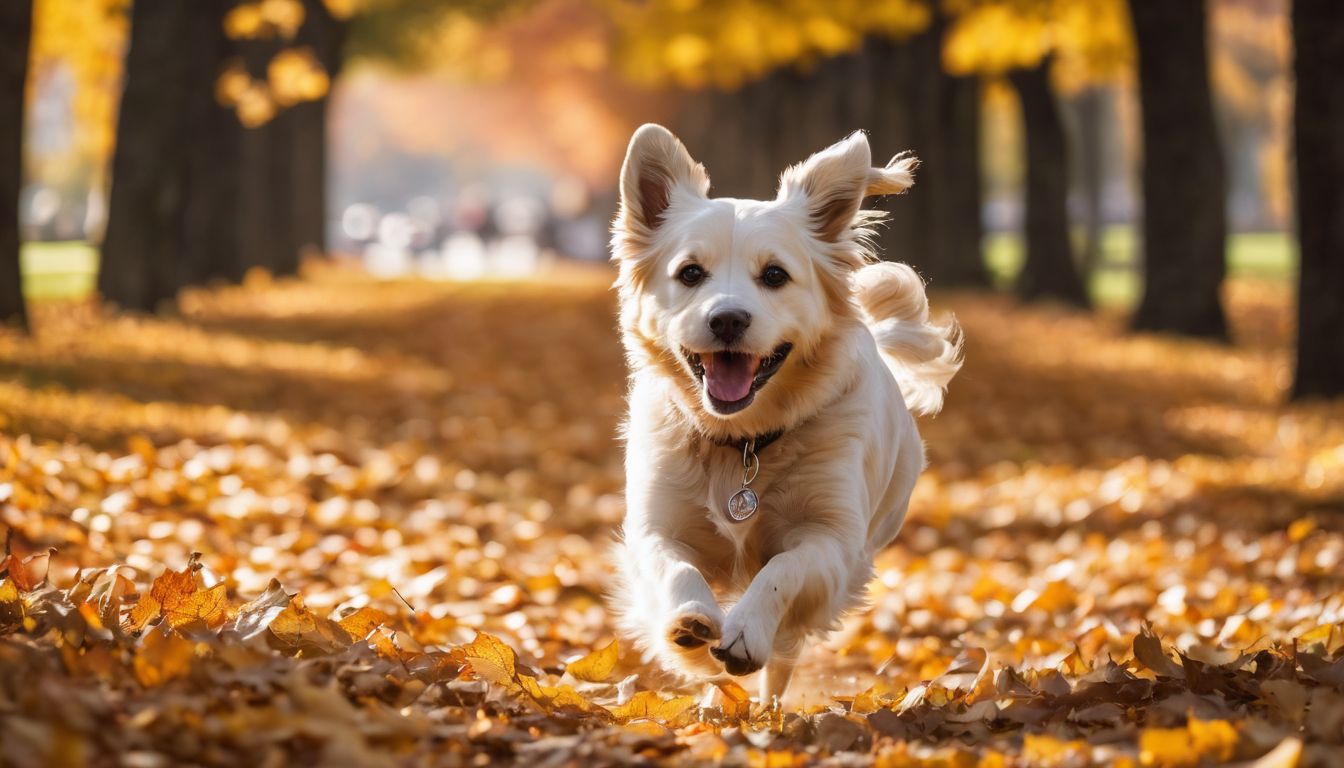Taking a more eco-friendly approach to the world does not have to stop at you. If you are a pet owner, there are several steps that you can take to help reduce your pets’ carbon footprint and make their experience in the world a little greener. The Humane Society of the United States predicts that there are 74.8 million owned dogs and 88.3 million owned cats in the United States.1 With that many dogs and cats alone, providing for our little critters in a more ecologically sensitive way can have major impacts on them and on our environment.
Benefits for your Pet: Think about the benefits that eating organic food, using non-toxic products, and so on has on yourself. Those same benefits translate directly to your pet as well. Eating natural food will keep them in better shape by not only keeping extra pounds off, but also by keeping their teeth and coats shinier and healthier. Also, buying toys, shampoos and other products that are natural or organic will help to reduce the amount of toxins they ingest.
Benefits for the Environment: Endless. Our natural environment can be considered just as sensitive as our pet’s precious body. By supporting organic food and other products, you will be reducing the amount of unnecessary toxins, chemicals, and/or pesticides released into our air, waterways, and land. And by buying recycled or using natural toys and other products, you can cut down on the carbon footprint of manufacturing new goods.
Cost: Variable. Some organic food and other products can cost a little more than conventional products (although the benefits outweigh the increase in price). But you can cut down costs in greening your pet care regime by making your own products, using naturally existing products, or using recycled products.
Time & Effort: Medium. If you do not have pet stores that carry natural or organic products close to you, the initial search will take some time. Once you have finished your research, it will be as easy as you want to make it.
Tips and Resources
• Food: Many ingredients that go into pet food are unhealthy for your pet and use meat by-products that are not considered healthy for human consumption. You can find a list of the best and worst ingredients and products used in a report released by NaturalNews.com
• Pet Waste: Admittedly, pets produce a lot of waste. Approximately 10 million tons of pet waste make it to our landfills every year—that waste being unsanitary for our soil, water, and air. Almost 2 million of those tons are a result of clay cat litter because it is not biodegradable. Aside from staying in our landfills, conventional cat litter is full of chemicals and fragrances that can be toxic to your pet and the environment. Instead, try using a natural, biodegradable litter made from plant-based products. A couple of options include SwheatScoop Wheat and Green Tea Clumping Cat Litter. For more options and to compare prices, check out http://cats.about.com/od/accessories/tp/aapremiumlitter.htm. You can even make you own from wood shavings, recycled paper, sawdust, corncobs, dried orange peels, and even wheat bran. If you have a dog or other animal that goes to the bathroom outside, be sure to pick up their waste as well! You can now find biodegradable AND compostable bags to pick up their waste. If they are not available at your local pet store, you can order some from BioBag at http://www.biobagusa.com/biobag_dog.htm.
• Shampoos & Other Products: Animals love to play outside, roll in dirt, run through sand, and they may fall victim to seasonal ticks and fleas. Regardless of the cause, many pets need to be pampered in some way too. Most of the shampoos, conditioners, repellents, and other products contain very strong chemicals that are not good for your pet or for the environment. You can find a whole array of natural and organic grooming products and some herbal flea repellents at http://www.onlynaturalpet.com/.
• Toys & Other Gear: Everyone loves to spoil their pet. Unfortunately, you can do an injustice to your pet by buying them a toxic toy, collar, or other product. Many pets love to chew on plastic toys causing them to leach unnecessary chemicals into their systems. Or they may wear synthetic gear that is not good for their skin or for the environment. You can find help stuffed toys and more at http://www.ecoanimal.com/dog_toys.html. From the Field makes all natural and organic catnip at http://www.sur-le-champ.com/. Great Green Pet offers some products made from recycled materials for cats, dogs, birds etc http://greatgreenpet.com/. Or you can always try making your own products: pine cones makes great chew toys, your old sheets could be stuffed to make pet beds, stuff your old ties or socks to make fetch toys, and the list goes on. Get creative and have fun with it!




